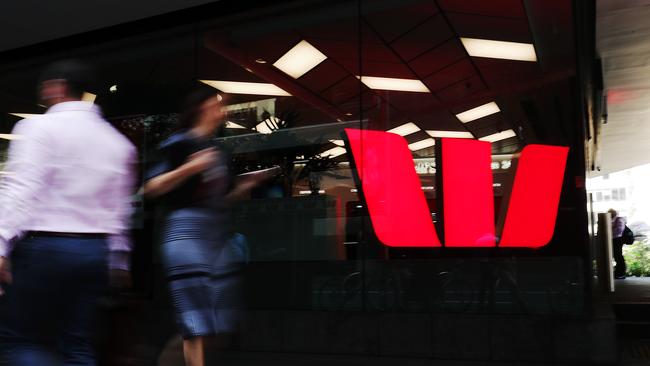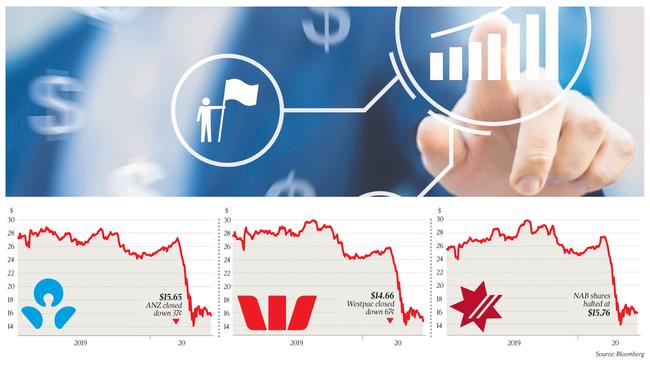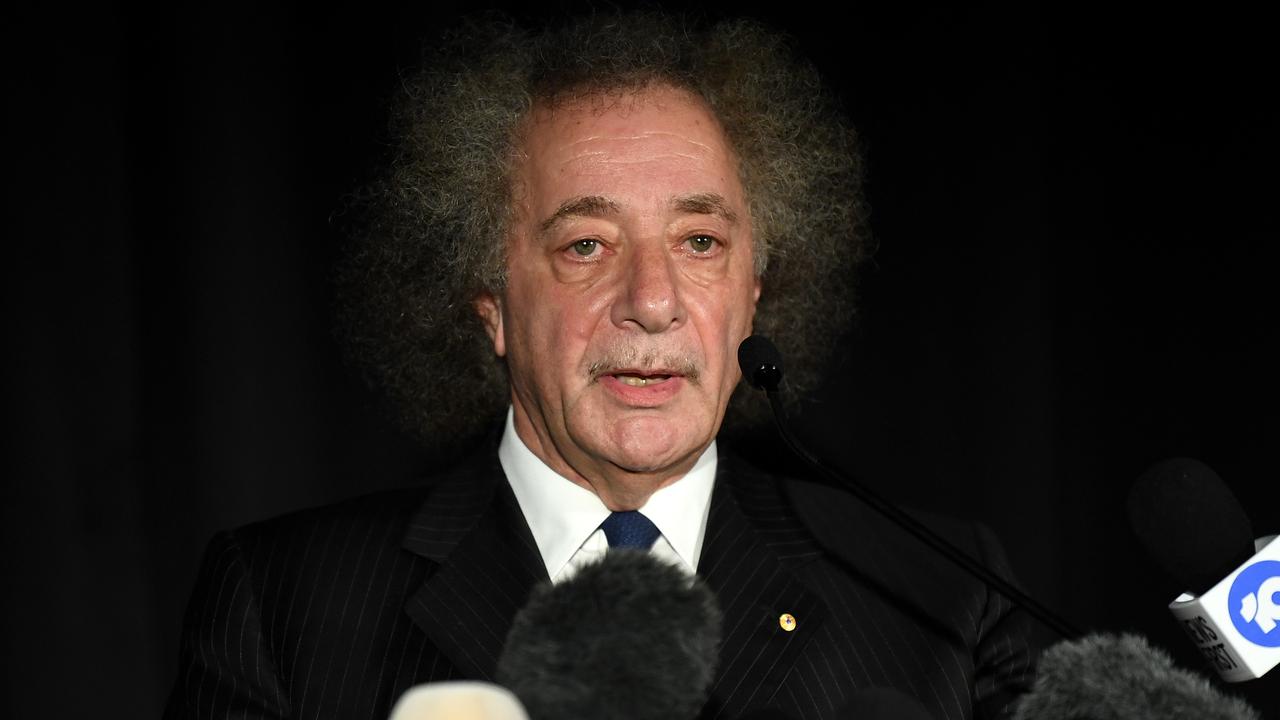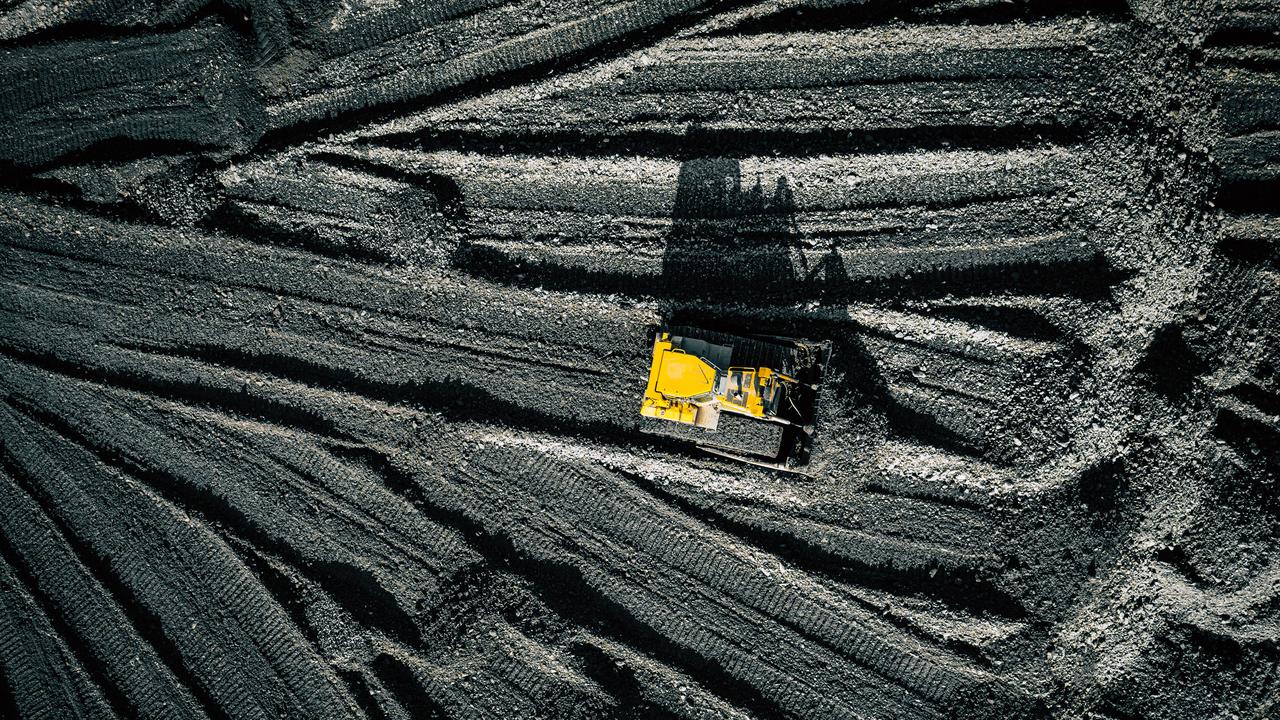
Westpac is expected to be the next bank to head to the market for an equity raising after NAB on Monday announced it would move to secure $3.5bn from investors.
However, most market experts believe ANZ, which is due to report its results on Thursday, will also make a plea to investors for funds.
Commonwealth Bank is in the strongest position, having sold off assets and has a higher share price than other banks.
Some say that with a more buoyant share price, CBA could raise equity at the skinniest discount compared to the other banks. On Monday, NAB announced it would raise funds at $14.15 a share, an 8.5 per cent discount to the stock’s last closing price of $15.46, as it slashed its dividend payment and announced a fall in earnings.
The bank said it would obtain $3bn through an underwritten placement and had launched a $500m non-underwritten share purchase plan, with 212 million new shares issued, equating to 7.1 per cent of NAB’s shares on issue.
Working on that raising is Macquarie Capital and Goldman Sachs.

Market experts say NAB has been the most in need of equity of all the banks from a top-tier capital perspective after it shelved plans for a $2bn hybrid issue last month.
It has the greatest exposure of all the banks to small and medium enterprises, while some of the others are larger lenders on commercial property.
But talk about Westpac raising funds comes as its new chief executive Peter King this month revealed the bank would have to pay about $900m as a penalty to Austrac for anti-money-laundering claims.
Westpac, which is to report results on Monday, only tapped the market for $2.5bn in November, calling on the services of JPMorgan, UBS and Citi. At that time it cut its dividend and said the raise was needed when costs had increased amid low interest rates and that its cash profit had fallen.
NAB and ANZ were both expected to launch equity raisings around the time that Westpac sought cash from investors to improve their capital positions, but this did not eventuate.
But now the banks are under pressure to reduce or cut dividend payments from the Australian Regulatory and Prudential Authority as companies seek a reprieve from lenders amid the coronavirus crisis.
One line of thought is that NAB should have cut its dividend to zero and raised less equity.
There is also a belief among some that equity raisings will position banks to take advantage of additional demand by companies to secure more debt to tide them over until after the COVID-19 disruptions.
Westpac shares closed on Monday at $14.66 after they reached a 2020 high of $25.81.




To join the conversation, please log in. Don't have an account? Register
Join the conversation, you are commenting as Logout